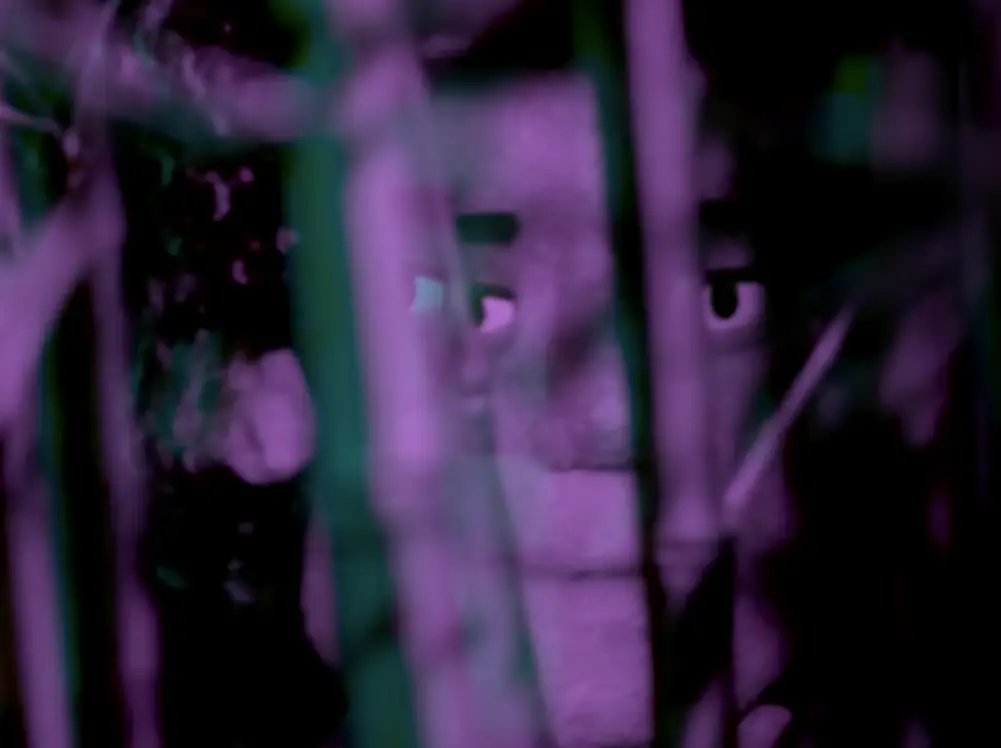In the early 1990s, freshly graduated art major Liz Phair made a few songs for fun while she was at her parents’ house. Then, at the insistence of her friends, she signed a deal with a record label. Her next albums — especially “Exile in Guyville” — would go on to inspire a generation of indie rock singer-songwriters such as Snail Mail, Phoebe Bridgers, Japanese Breakfast and more.
Now, for the first time in over a decade, 54-year-old Phair has just released a new album titled “Soberish,” which recalls the artist’s roots and explores what it means to be a semi-wise, semi-reckless and 100% uncertain adult.
Throughout “Soberish,” Phair tries on relationships and personas as if searching for the right dress to wear to a socially fraught dinner party. The album’s excellent love songs are not so much about relationships for their own sake but rather about Phair’s struggle to feel safe and navigate the ups and downs that come with a search for belonging.
Phair’s straightforward lyrics get to the heart of her subjects, and her simple melodies leave listeners entranced. Most of the songs on “Soberish” are upbeat head-swayers, framed by guitar, piano and drums. “Hey Lou” exemplifies Phair at her best, bobbing alongside the inevitability of classic songs like “Come On Eileen.” “Hey Lou” also stands out because its angst is directed at a friend (whom Phair’s narrator advises to drink with more moderation) rather than at a boyfriend.
Of the album’s 13 songs, 10 are love songs that explore vulnerable feelings of affection along with the dull inevitably of a breakup. It feels almost as if Phair is railing against the world or even against herself while the boyfriend is merely a stand-in. Perhaps that is because, in all of her songs, Phair expresses her own honest desire to belong, which butts heads with her fear of rejection. For example, in the upbeat, tantalizing piece “Ba Ba Ba,” Phair sings, “I don’t have the guts to tell you that / I feel great, I feel safe.”
In “Soberish,” the album’s titular song, Phair sings, “I did a shot ‘cause I’m terrified …Tell me, why do we keep dicking around? / Waited such a long time to be with you / Now I’m chickening out.” In her chorus, she concludes: “I’ve got so much to say / Somehow it’s never the right thing / I meant to be sober / But the bar’s so inviting.”
In some of the album’s best songs, Phair uncovers her own ache to be authentically known. On “In There,” one of the record’s most graceful and dusky ballads, the singer-songwriter cuts to the quick: “Somehow you got in there / Like smoke under the door / Or cold coming in through the floor.” After this gut-punch, Phair suddenly half-sings, half-speaks the words, “Damn it, I don’t want to be alone.”
This theme doesn’t dominate the album, however. A few obvious “bad girl” songs artistically mix up “Soberish.” Both “Soul Sucker” and “Bad Kitty” evoke Phair’s signature rebellious angst.
“Bad Kitty” playfully foils or stands alongside male rock songs about sexual desire. Phair begins with the provocative lines, “My p—y is a big dumb cat / It lies around lazy and fat / But when it gets a taste for a man / It goes out huntin’ for him anyway it can.” The emphatic cadence of these lines plays beautifully with Phair’s delivery, as the singer rests her tongue on the words “fat” and “cat,” creating the impression of animal creature comfort.
A few of the song’s later lines make this somewhat juvenile songwriting easier to forgive. In the chorus, Phair thoughtfully considers where she stands in relation to other people: “I don’t live in a world that appreciates me / You could say that I’m ahead of my time.” She follows with the lines, “Misbehavin’ is the one thing that always makes me / Grateful the Goddess gave me eight more lives.”
These playful words help listeners understand Phair as a whole rather than just as a sex machine. The artist — or at least her crafted persona — feels out of place and lost, which directs some of that pent-up energy toward sexual expression.
This kind of sexual rebellion is natural for Phair, whose first studio album was a response to the default misogyny of male rock ‘n’ rollers. In an interview with NME, Phair recalls the moment she envisioned her first album, the cult classic “Exile in Guville,” which began when she sifted through a box of old records she found in her apartment with her boyfriend.
“I was like: ‘Rolling Stones — is this a good one of theirs?’” Phair recounted.
“He said: ‘Yeah — why don’t you do that’. It was so dismissive, like: ‘Pffft! You’re gonna do a record? I’d like to see you do a double album while you’re at it.’”
Phair described her reaction to her then-boyfriend’s casual words: “I looked at him, and I was like: ‘I will, I shall; let it be so.’ That’s how that happened. It’s amazing how pressure can spur some of your greatest growth. I was dirt-poor, and I was tired of being told I was stupid, and I got determined.”
Phair clearly wants to be heard, which comes across in her delivery. One of the artist’s strengths is her clear enunciation, which extends beyond her actual singing voice and into the kind of half-spoken delivery common in indie songs. Again and again, the artist half-speaks the last word of a line or stanza for emphasis, rolling it out to listeners like a spoiled teenager spitting a curse. Still, the listener is left wondering if Phair is still somewhat uncertain about her identity.
As much as “Soberish” is an honest assessment of the “semi’s” of middle age, such as a semi-healthy relationship with alcohol, drugs, romance and the self, another theme dominates the album’s narrative: lack of belonging. In the Slate podcast “Culture Gabfest,” critic Carl Wilson mentioned that Phair was adopted, calling it one of the “small facts” of her life. “She’s always adapting herself … finding ways to assert an identity that doesn’t quite match the box that she’s in,” he said.
Another critic, host Stephen Metcalf, built on Wilson’s idea: “As an adopted child, I can tell you that that is not a small part of her identity or biography,” he explained. “She’s working out this problem in everything she does … sort of attempting to redefine herself as an object.”
This self-definition, according to Metcalf, creates a curious tension with the part of any artist that resists definition for the sake of their art: “Then there’s this part of her that’s just internal and amorphous and unformed, from which so much of her creativity springs,” he said, “that completely erases it, deconstructs it.”
This tension between belonging and freedom is the central conflict of “Soberish.” In the album, Phair keeps herself from getting too swept up in any one emotion. She tries on states of mind like a teenager, falling back on the go-to T-shirt that reads, “I don’t know who I am.”
















